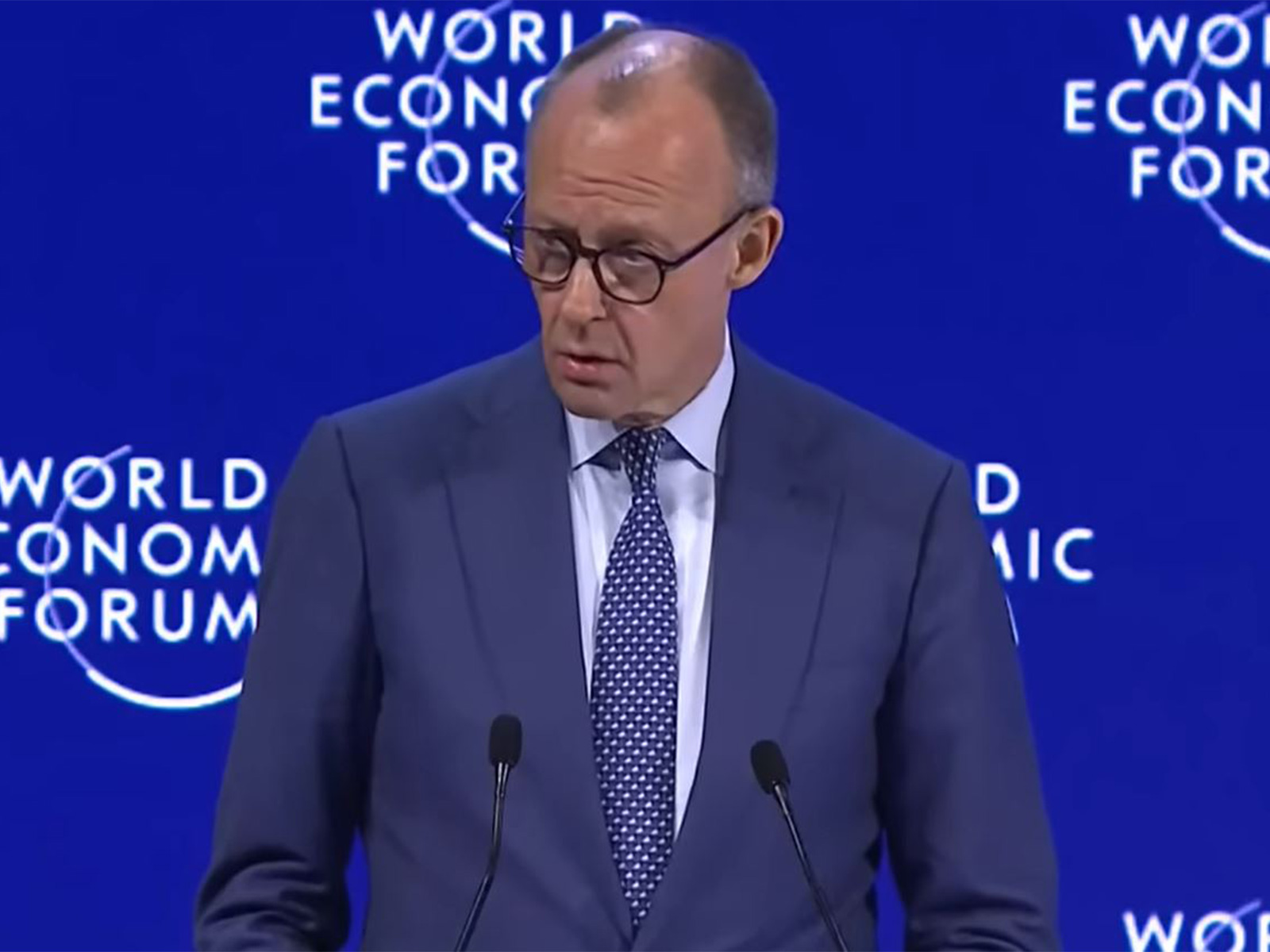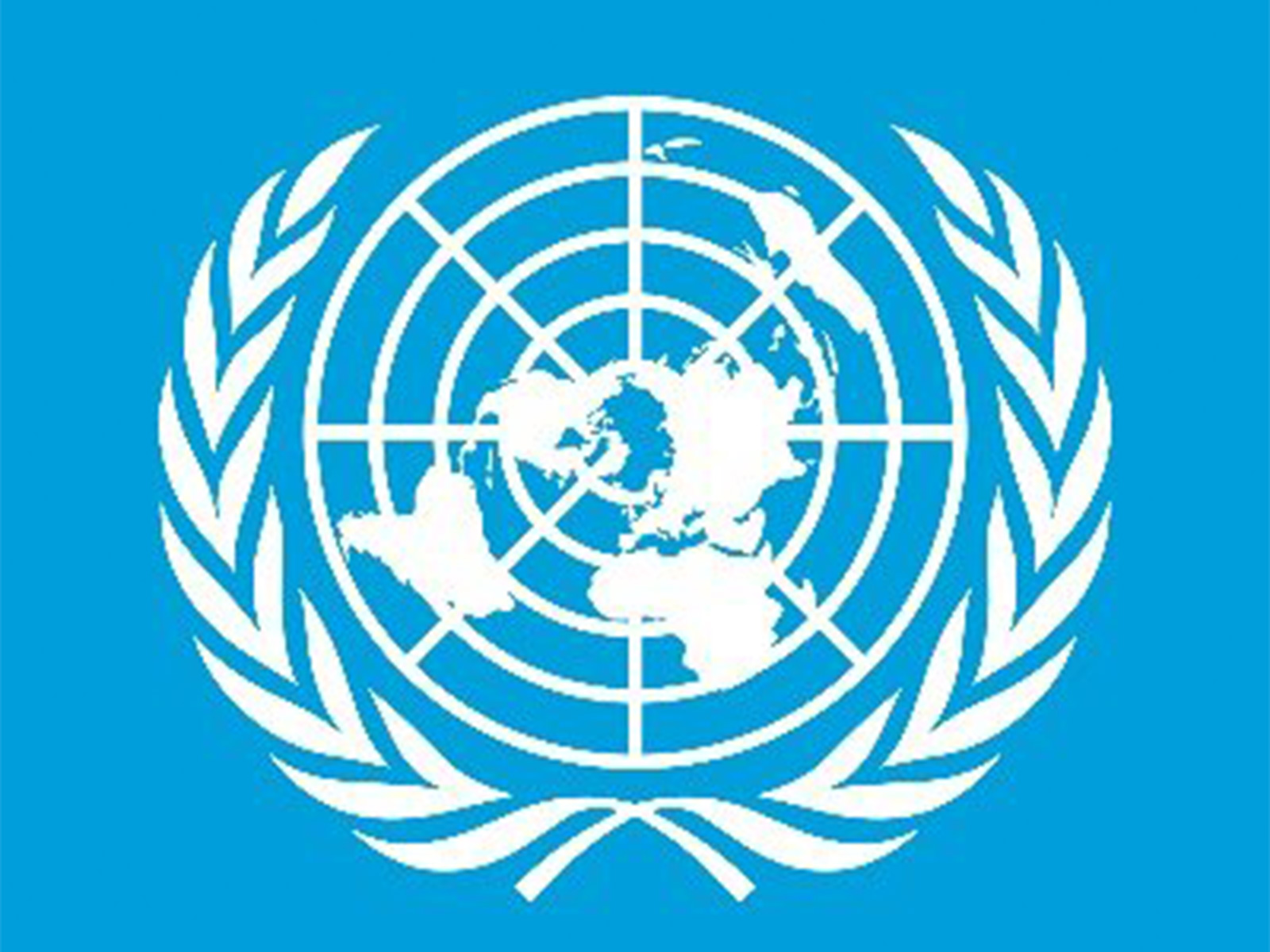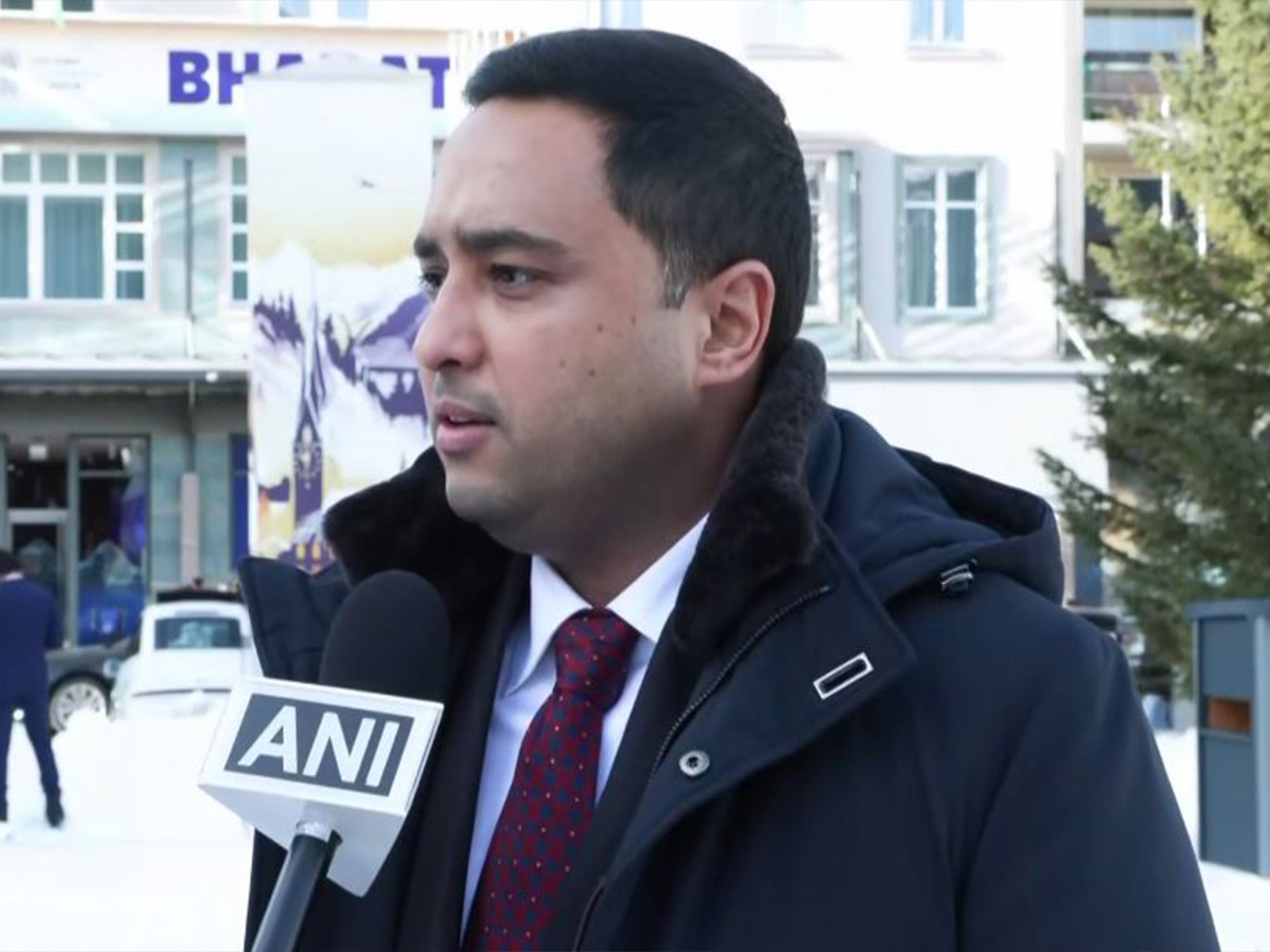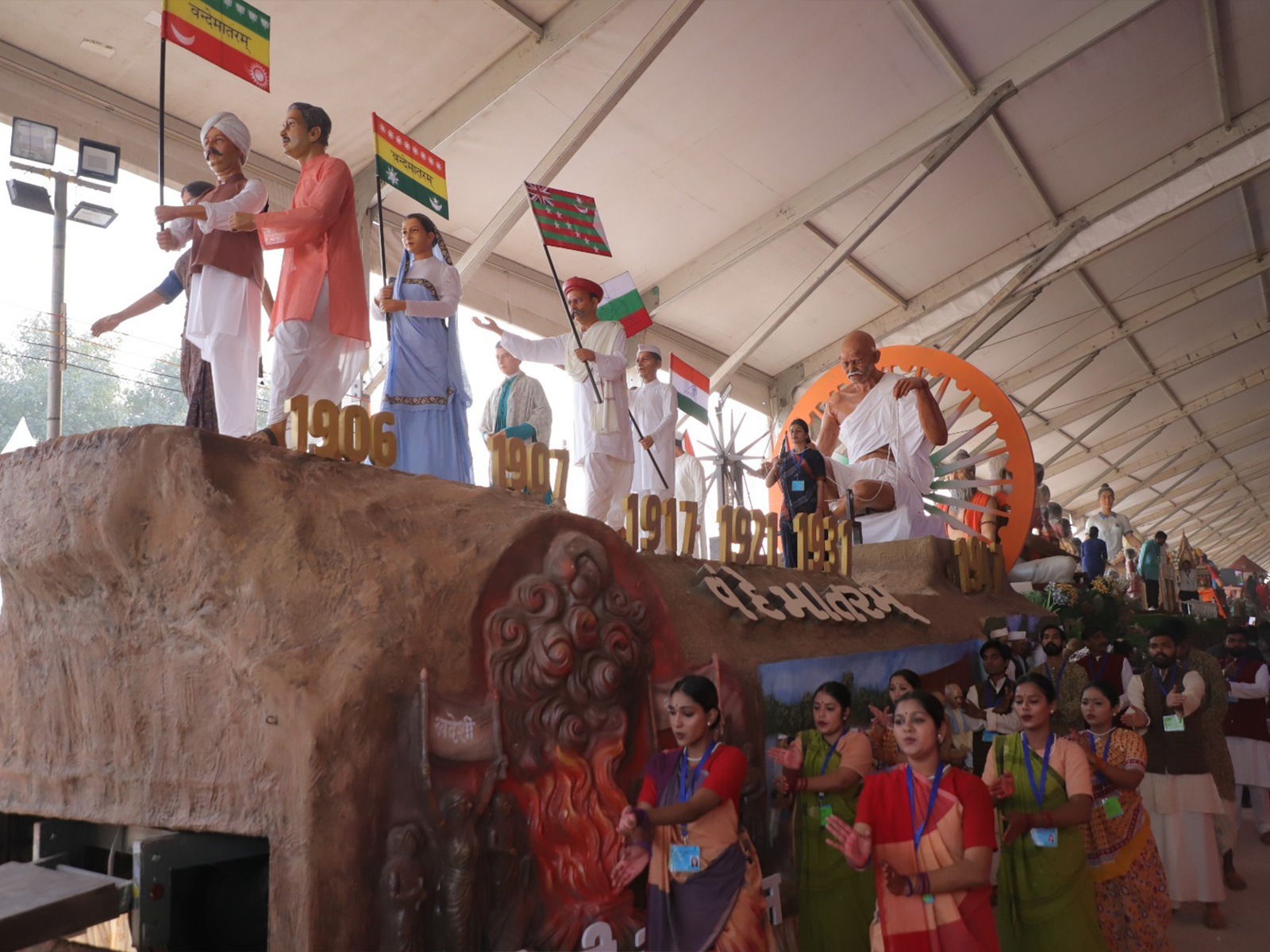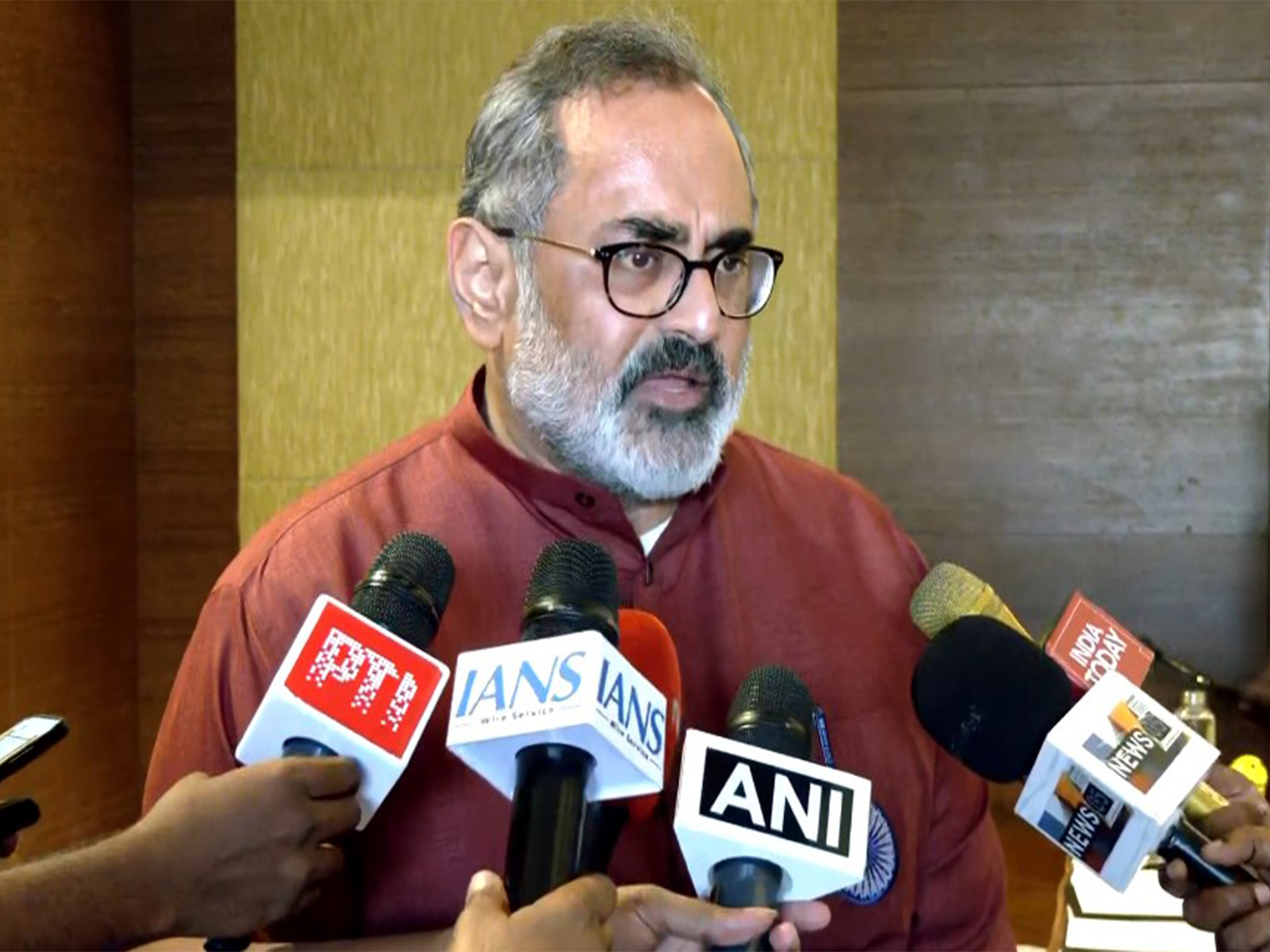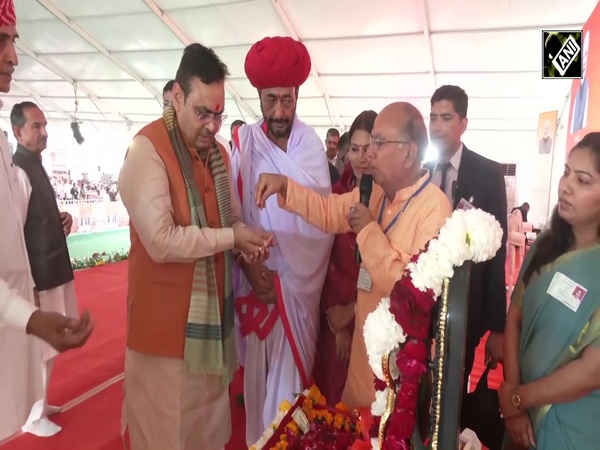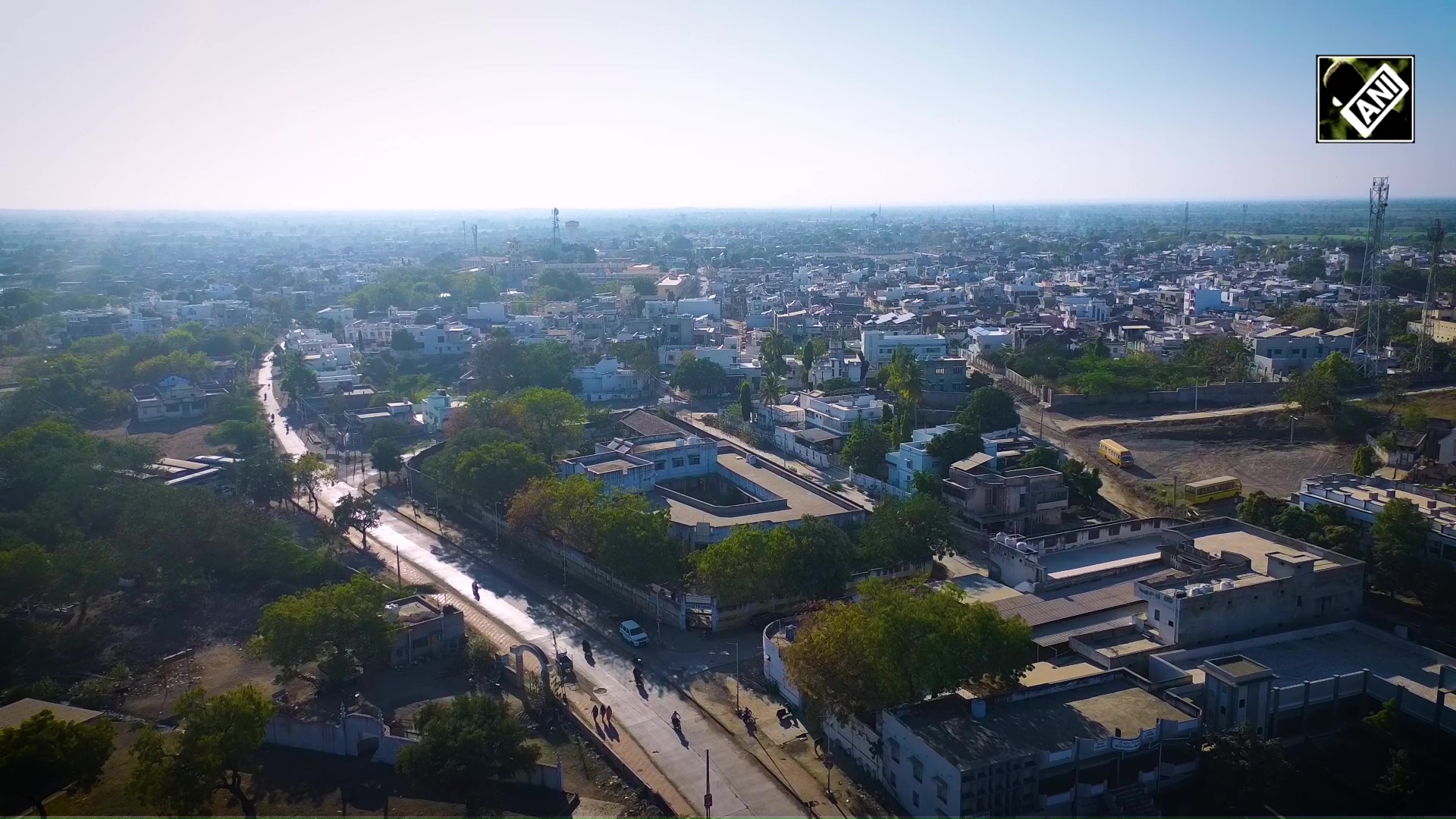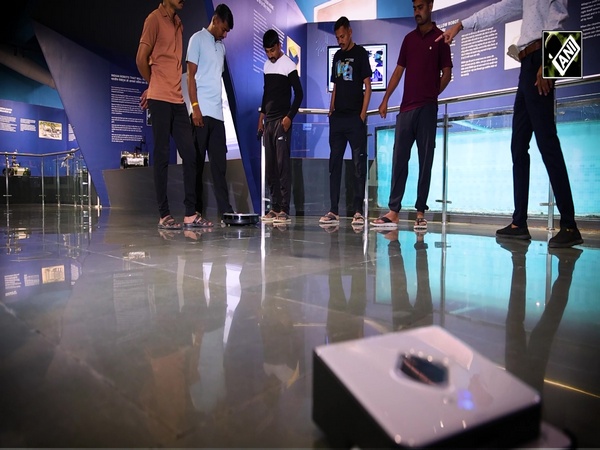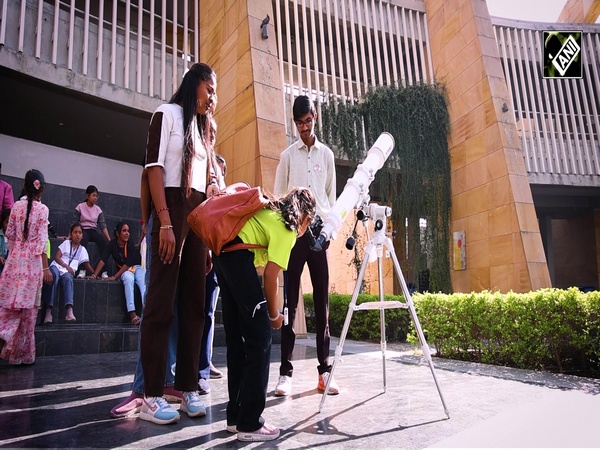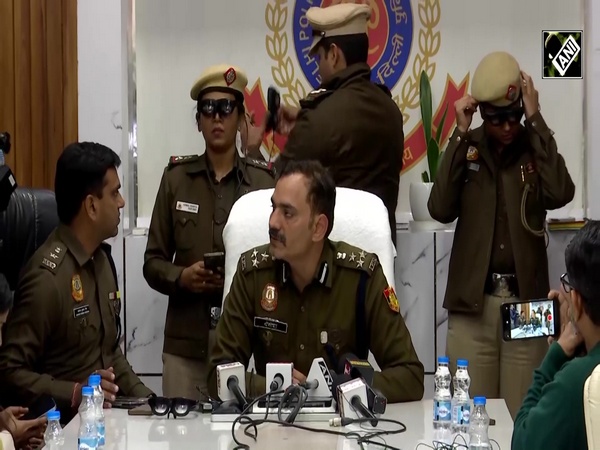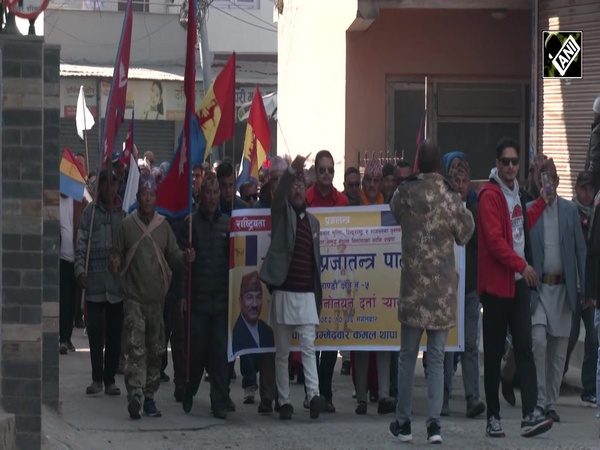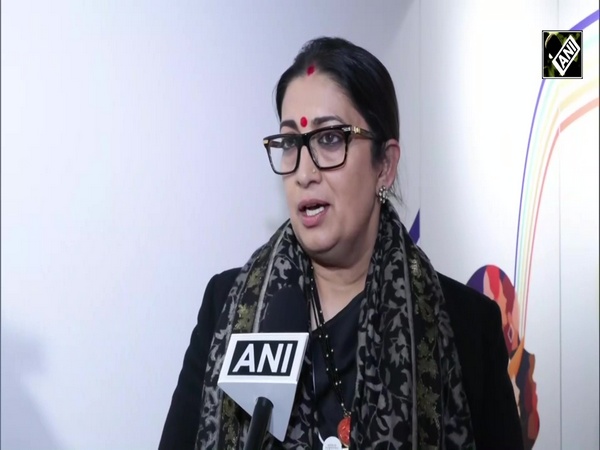Pak: Former Lal Masjid cleric's spouse charged with terrorism
Sep 03, 2024

Islamabad [Pakistan], September 3 : The spouse of a former Lal Masjid cleric, along with 40 female students and others, has been charged with multiple offenses, including terrorism, Pakistan-based daily, Dawn reported on Tuesday.
According to the Dawn report, the charges were filed at the Lohi Bher police station under Section 11-X of the Anti-Terrorism Act and various sections of the Pakistan Penal Code (PPC).
According to Dawn, the police said that a group from Jamia Hafsa, led by Umme Hassan, the wife of cleric Maulana Abdul Aziz, arrived in Bahria Town Phase 4 armed and blocked a major road. They were protesting against alleged immoral activities in the area, which they claimed were being facilitated by local police and officials. The protesters also forcibly shut down businesses and threatened traders with severe consequences.
When police intervened and invoked Section 144 of the CrPC, which bans gatherings, the demonstrators responded with hostility, Dawn state in its report. They attacked police officers with batons and sticks, damaged official vehicles, and used weapons to enforce their closure of business centers.
Jamia Hafsa is a conservative madrassa adjacent to the controversial Lal Masjid mosque in Islamabad.
The Lal Masjid controversy in Pakistan is a complex and contentious episode that unfolded primarily in 2007, involving a prominent mosque in Islamabad known for its association with Islamist radicalism. The mosque had increasingly become a centre of militant activity and anti-government sentiment, Dawn stated.
Per Dawn's report, in response to the mosque's growing defiance and the enforcement of its version of Sharia law in the surrounding areas, the Pakistani government, under President Pervez Musharraf, launched Operation Silence. This military operation aimed to reclaim control from the militants who had fortified themselves within the mosque.
The operation, marked by intense fighting and heavy casualties, drew significant criticism from Islamic groups, who condemned the military's tactics and the resultant civilian suffering. The aftermath of the operation exacerbated anti-government sentiment and contributed to the rise of extremist militancy in Pakistan, highlighting the deep-seated tensions between religious extremism, state authority, and public sentiment, Dawn reported.
